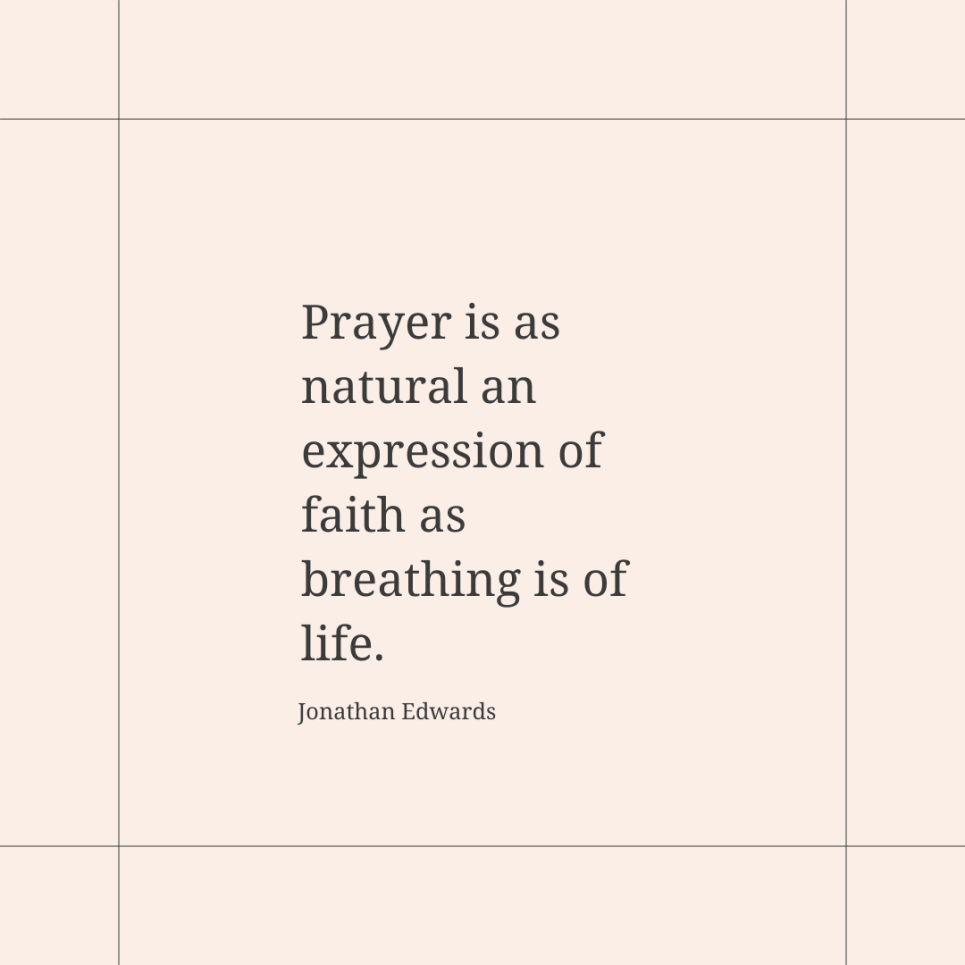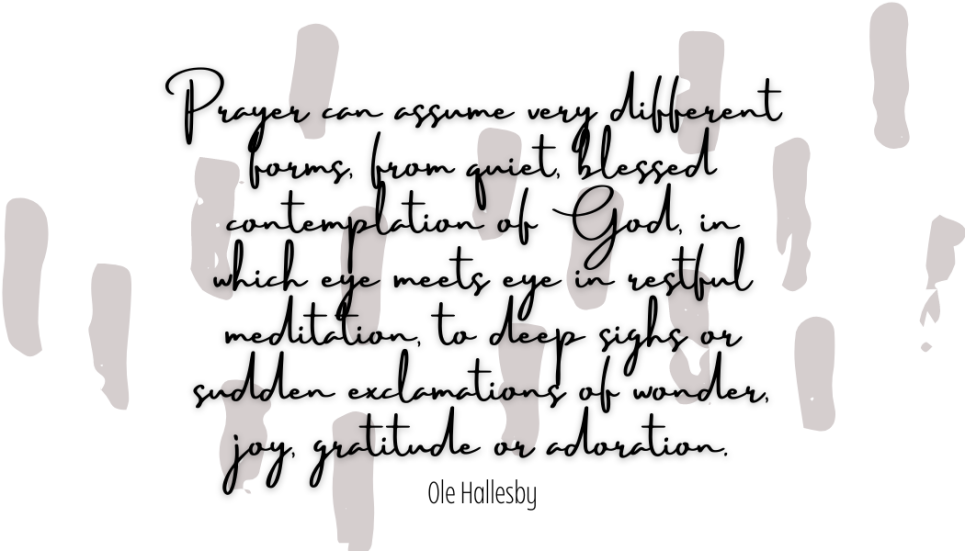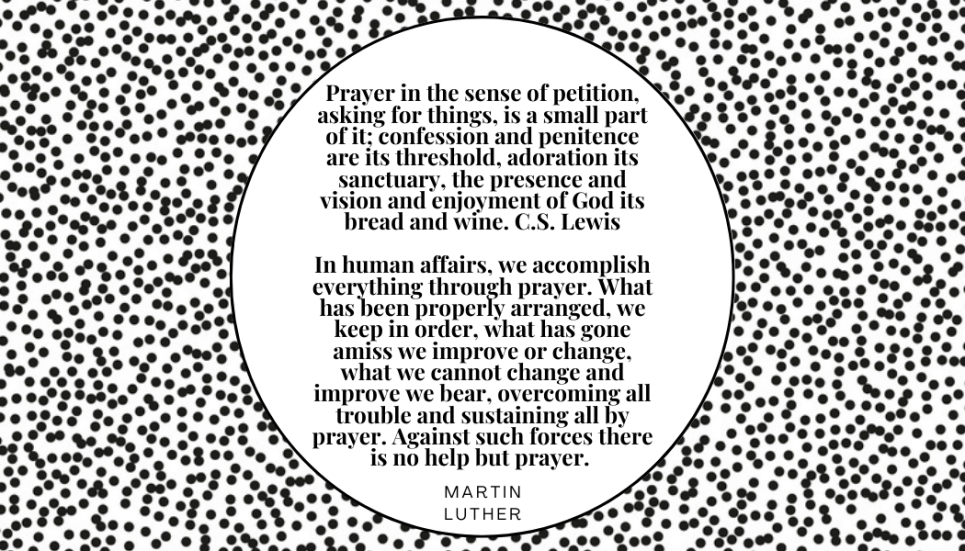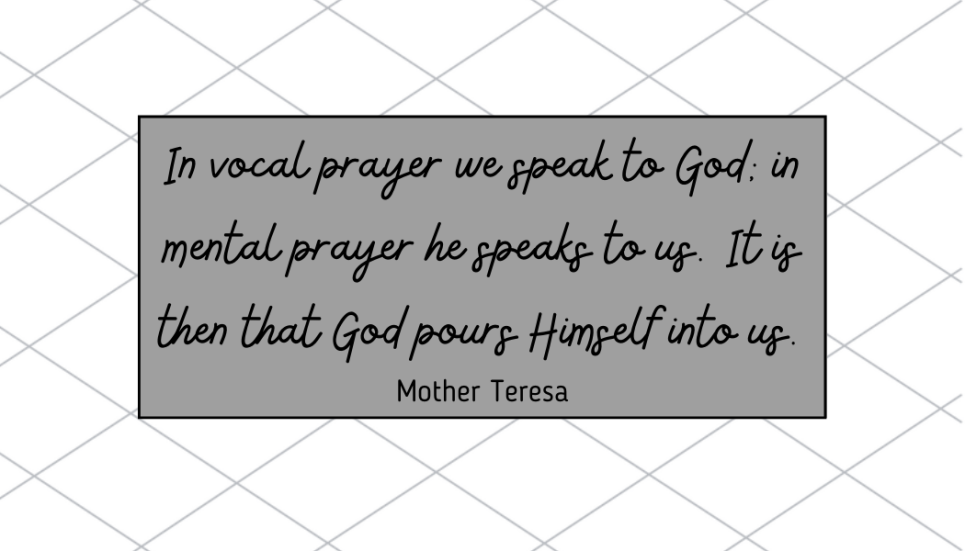Overcoming Prayer Challenges: Finding Consistency and Overcoming Distractions
Are you finding it difficult to sustain a regular prayer routine? Have you observed how there are periods when your prayer practice is strong, but then it gradually wanes over time? Keeping up with a dependable and steady prayerful routine can indeed be demanding, especially given the constant distractions in today's fast-paced environment. In this discussion, we will explore a number of approaches you can utilize to surmount these obstacles and maintain your focus.
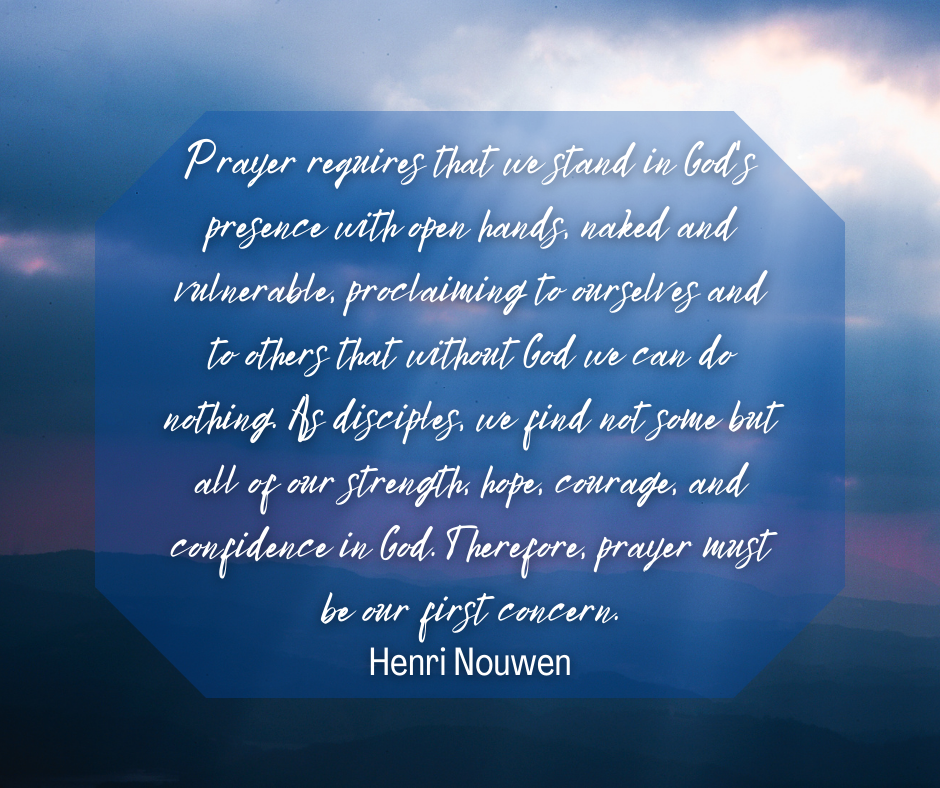
Why You Should Pray Consistently
Presumably, you’ve heard that regular and consistent prayer is a practice that can enrich every aspect of your life. But have you ever stopped to consider the intricate manner prayer touches the various aspects of your life? Indeed, it is easy to assume that strengthening your faith and relationship with God is a likely outcome that stems from active dedication to prayer. Yet, have you ever observed the influence a committed prayer life has on your self-discipline and willpower? The required discipline to commit yourself to a prayer routine can spill over into other areas of your life, helping you build a strong foundation for a sense of responsibility and consistency.
Truthfully, the totality of the far-reaching implications caused by a regular prayer practice is immeasurable. Even so, now we will explore some of the favorable outcomes and the arenas of life they impact. Try to examine how these benefits are all interwoven and focus on the way consistent prayer supports and emboldens you to continuously become a better, more Christlike, person.
First, we will address the obvious: A prayerful life upholds a meaningful and secure relationship with God. Prayer reinforces the special connection you have with him, which in turn, provides the space for your faith to flourish. By maintaining a strong relationship, you are faithfully showing God that you value Him, and He will more than reciprocate. He will dependably provide you solace and comfort, offer you clarity and guidance, and protect you from temptation.
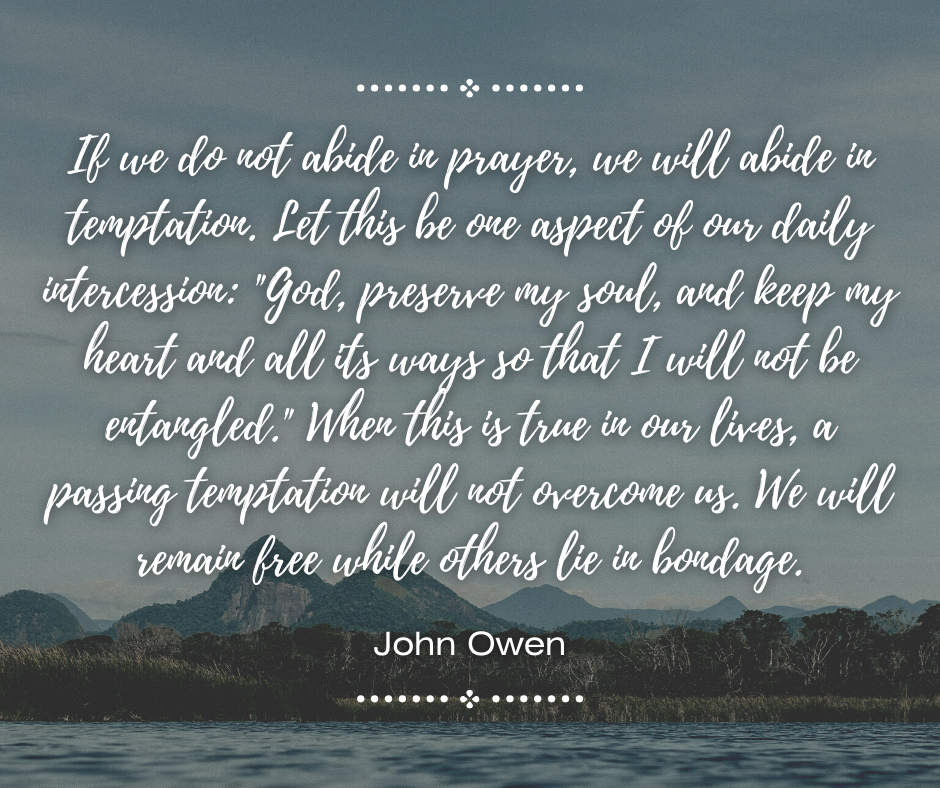
Engaging in prayerful gratitude can shift your focus toward the positive aspects of your life. Regularly acknowledging and appreciating blessings can improve your overall perspective on life. This can lead to further discernment, wisdom, and a greater appreciation for the silver lining of situations.
Consistently praying grants you the opportunity to live mindfully by giving you the chance to detach yourself from the bombardment of daily distractions. The break from external stimuli enables you to become more present in the moment. As a result, you can enhance your interactions, relationships, experiences, and sense of peace, while reducing stress and anxiety.
On top of that, mindfulness permits the ability to focus on your inner self. This focus encourages you to engage in self-discovery through self-reflection and self-improvement by providing you a platform to explore your thoughts, burdens, feelings, worries, and aspirations, consequently serving as a reminder of your core values. This can inspire you to align your actions with those values while inspiring you to continually grow admirable virtues such as patience, empathy, humility, forgiveness, and kindness. Over time, the consistency of prayer contributes to the instinctive integration of these values and traits, which subsequently offers you the opportunity to live a more authentic and purpose-driven life. As an added bonus, releasing burdens by expressing your thoughts and emotions to God can help you gain a deeper and well-rounded appreciation of yourself while simultaneously alleviating stress.
The abundance of gratitude, compassion, humility, and forgiveness are only a few of the driving traits that can stimulate the willingness to see the good in others. This willingness allows you to see past silly hangups and disagreements, preferring to supply unconditional understanding, forgiveness, and support, and ultimately putting you on the path to more productive, trustworthy, and meaningful interactions and relationships.
If the cumulative impact that generates profound changes in your outlook, behavior, and relationships wasn’t reason enough, let us remind you that Jesus taught and demonstrated prayer because He wants us to take advantage of this powerful tool that we’ve been gifted. He commands us to pray.
James 1:22 states:
Do not merely listen to the word, and so deceive yourselves. Do what it says.
Adhere yourself to God’s words and do what you’ve been instructed.

Why You May Struggle
Despite possessing the desire and knowledge that you should make an effort to achieve a new goal, humans have a tendency to get in their own way, ultimately preventing progress. We see it play out in multiple areas of life: eating healthier, exercising more, increasing a skill, breaking a bad habit, and strengthening a prayer routine. More often than not, roadblocks emerge, and seep their way into our minds, making seemingly realistic justifications as to why we are unable to execute total follow-through. These justifications are disguised as very legitimate and real reasons for defeat. But they’re not, the reality is they are simply excuses. Excuses that are enveloped in fear, confirmation bias, discomfort, and doubt.
Below, we share some of the most common excuses that hinder regular prayerfulness. By increasing your awareness and becoming acquainted with your excuse(s), you’ll be better equipped with the insight that allows you to finetune the details necessary for resisting any encounters with short-term temptations, gratifications, impulses, and emotions that may make sense at the moment, but prevent success in the long term. Consider them and try to determine if any of these excuses resonate with you.
- There Isn't Enough Time
- Feeling Angry at God
- Feeling Guilty
- The Belief that Prayers are Not Being Answered
- Feeling Too Tired
- Feeling Too Busy
- Don’t Feel the Need to Pray
- Life Feels Content Enough
- Prayers are Ineffective
- Praying is Boring
- Previous Disappointment with God or Prayer
- Nothing Happens Anyway, So Why Try?

Succeeding Approaches
Expanding the awareness and insight that allows you to identify the excuse(s) you wield is just the first step. From there, you can begin the process of making a conscious effort to launch a stable basis for your new practice. There are assorted strategies that you can adopt that aim to support your efforts to nurture a rich and steady lifestyle saturated in prayer. We encourage you to utilize the process of trial and error, testing out different techniques so you are able to discover the most suitable method.
Set Clear Intentions: Start by clarifying why prayer is important to you. Reminding yourself of the benefits and spiritual growth it brings can help you stay motivated and focused.
Establish a Routine: Set a specific time each day for prayer. Consistency is key, so choose a time that works best for you and stick to it. This routine will help make prayer a natural part of your day.

Create a Sacred Space: Designate a quiet and peaceful space for prayer. Make it a comfortable and inviting environment that encourages a sense of calm. Having a dedicated space can help signal to your mind that it's time for focused prayer and reflection.
Minimize Distractions: Identify and minimize potential distractions in your chosen prayer space. Silence your phone, turn off notifications, and let others know that you need uninterrupted time.
Use Guided Prayer Resources: Draw upon guided prayer apps, books, or online resources that provide structured prayers or meditation exercises. These can help you stay on track and provide a framework for your prayerful sessions.
Start Small: If you're struggling to dedicate a long period to prayer, start with shorter sessions and gradually increase the time as you become more accustomed to the routine.
Practice Mindfulness: Before you begin prayer, take a few moments to ground yourself and clear your mind. Mindfulness techniques can anchor you in the present moment and reduce distractions.
Set Goals: Establish specific prayer goals. Working toward a purpose can enhance your commitment.
Switch It Up: Explore different types of prayers such as gratitude, supplication, meditation, and reflection. This variety can keep your practice fresh and engaging. To find suggestions for diverse forms of prayer, be sure to check out this page, this page, and this page.
Employ a Partner: Find a friend or family member who shares your commitment to maintaining a prayerful life. Share your goals with them and check in regularly to hold each other accountable.
Practice Self-Compassion: Be kind to yourself if you miss a prayer session or find it difficult to focus. Acknowledge that setbacks happen and use them as opportunities for learning and growth.
Digital Detox: Consider periodic digital detoxes or fasting from certain activities (like social media) to declutter your mind and create space for more focused prayer.
Journaling: Keep a prayer journal to jot down your thoughts, reflections, and any distractions that come up during your prayer time. This can help you address those distractions later and track your progress.
Practice Gratitude: Begin your prayer sessions with a focus on gratitude. This positive mindset can help you approach prayer with a clear and receptive mind.
Seek Guidance: If you're struggling with distractions or consistency, seek guidance from a spiritual mentor, religious leader, or counselor. They may provide insights and strategies tailored to your situation
Celebrate Progress: Celebrate even small victories in your journey to a more consistent prayerful life. Recognize the efforts you're making and the positive changes you're experiencing.
CONCLUSION

Evidently, the positive influences that regularly praying harbors go hand in hand, complimenting each other across all domains of life, and maintaining a harmonious balance within your life. It allows you to transcend the material aspects of life and intimately connect with the greater purpose and meaning of existence.
Indeed, the definition of what constitutes consistent prayer fluctuates from person to person. However, if you recognize a personal proneness to shy away from prayer, or are unsatisfied with your habits and routines surrounding prayer, we hope that you’re able to discern the magnitude of the importance of creating a prayerful practice. We encourage you to be open to evaluating and applying the ideas we’ve shared with the goal of enriching every area of your life. It is imperative to release yourself from the faulty assumptions and mind traps of excuses. Sustaining a consistent prayerful life is a journey that requires patience and dedication. When missteps happen, pray. Lean on God for the support to gently redirect your focus back to prayer and keep it at the forefront of your priorities.
- Torrance Church of Christ






